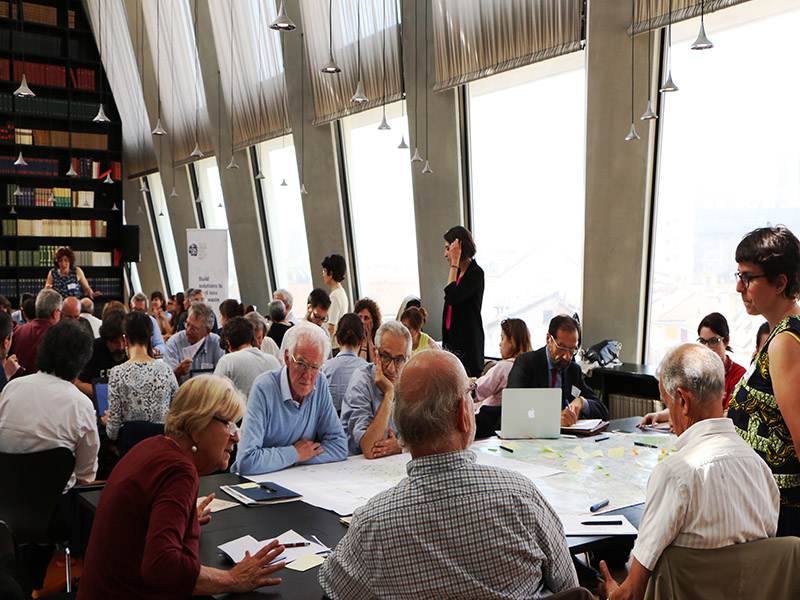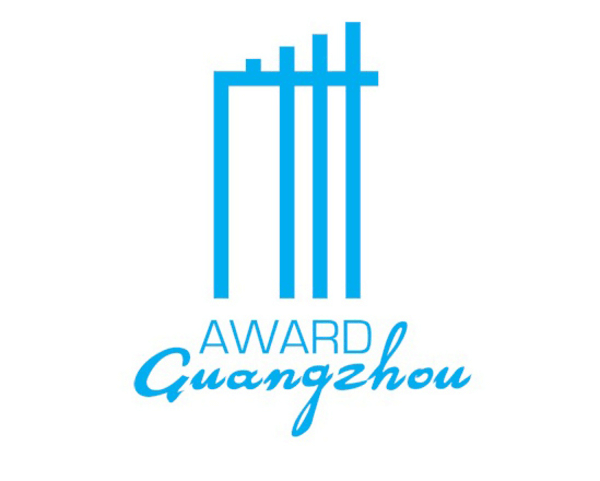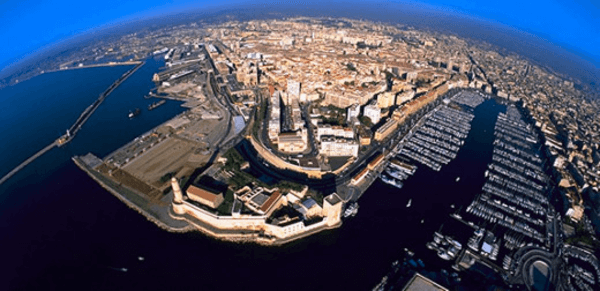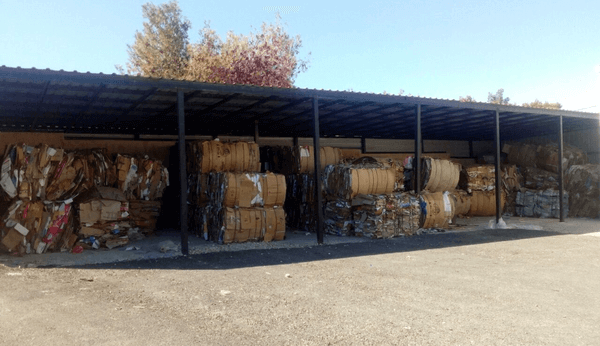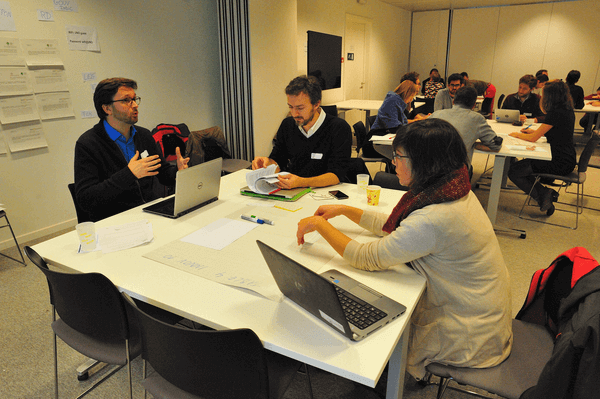City
Milan
Main actors
City Government, Private Sector, NGO / Philanthropy, Public Utility
Project area
Metropolitan Area
Duration
Ongoing since 2014
An innovative framework for making urban food systems more sustainable and inclusive.
The Milan Food Policy is the first step taken by the municipality to make its food system more sustainable, resilient and equal. The policy is the result of growing awareness among relevant actors and civil society of the challenges presented by climate change and the need for responsible management of resources. Through various innovative tools and methods including the establishment of the Metropolitan Food Council and monitoring framework, the policy aims to provide permanent and reliable access to adequate, safe, local diversified, fair, healthy and nutrient-rich food for all citizens.
Guangzhou Award
This project was awarded the 'Guangzhou Award' in 2018.
External links / documents
On Map
The Map will be displayed after accepting cookie policy
